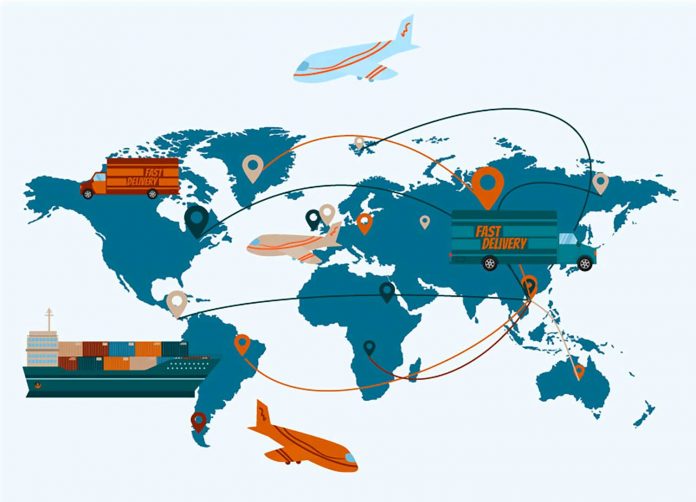In a policy shift that underscores Hainan Free Trade Port’s commitment to service trade liberalisation, foreign companies can now offer customs declaration services in the FTP without setting up a legal entity in China. The announcement came from Haikou Customs on June 9 and reflects a broader effort by the General Administration of Customs to break down outdated barriers and open the playing field to global service providers.
What’s Changing and Why It Matters
Customs declaration may not be glamorous, but it’s the backbone of international trade. To “engage in customs declaration business” means to provide professional services that help importers and exporters handle all the formalities and paperwork required by customs authorities when goods cross international borders. This includes:
Preparing and submitting customs declaration forms that detail the nature, value, and origin of goods being imported or exported.
Ensuring that all necessary documents (such as invoices, certificates of origin, and shipping documents) are accurate and complete.
Coordinating with customs officials for inspections, payment of duties and taxes, and compliance with local regulations.
Acting on behalf of clients (the owners of goods or their agents) to facilitate the smooth clearance of goods through customs.
Until now, foreign firms had to register a Chinese subsidiary, to do this work inside China.
Under the new rules, that requirement is gone, at least in Hainan.
Foreign companies can now register with Chinese market regulators as “overseas enterprises engaging in operations in the Chinese mainland” as long as their official business address is located in the Free Trade Port. Once that’s done, they can apply through the “Single Window” for International Trade or the “Internet + Customs” platform to be recognized as a customs declaration business.
Levelling the Field for International Players
It may sound boring, but the implications are big. It opens the door for experienced customs brokers from around the world to serve clients in the Hainan FTP, without having to establish a full-fledged Chinese legal entity.
However, firms still need to register as overseas enterprises with a business address in the Free Trade Port and complete formal filings with customs authorities. In most cases, that means maintaining a physical presence, either staff or local partners, to handle operational customs work on the ground.
The result? Lower operating costs for foreign firms, more competition in the local market, and better services for businesses moving goods in and out of Hainan.
Part of a Bigger Picture
The move ties directly into Hainan’s broader push to become a world-class free trade port. It builds on the cross-border services negative list introduced on August 26, 2021, which outlines specific sectors where overseas providers enjoy liberalized access.
It also supports China’s stated goal of aligning with high-standard international economic and trade rules and giving foreign service providers a clearer, more accessible path into the Chinese market.
Business Impact on the Ground

For companies operating in Hainan FTP, this means access to a larger pool of customs service providers. That could mean better prices, faster clearance, and fewer logistical headaches, especially welcome news for the over 70,000 foreign trade firms already registered in the FTP since its launch in mid-2020.
The timing is right
Hainan has been stepping up its trade facilitation efforts across the board. Since 2021, its zero-tariff policies have already delivered more than RMB 1 billion in tariff savings.
Haikou Customs says it will continue working with commerce and regulatory agencies to help companies, foreign and domestic, understand the new policy.
The aim is to attract more market participants, encourage compliance, and build momentum toward Hainan’s goal of becoming a globally connected, service-driven trade hub.
As China deepens its links with RCEP countries and global trade partners, Hainan is increasingly the place to watch, and now, a little easier to work in.
Related article: China’s first negative list in cross-border service trade comes into effect









